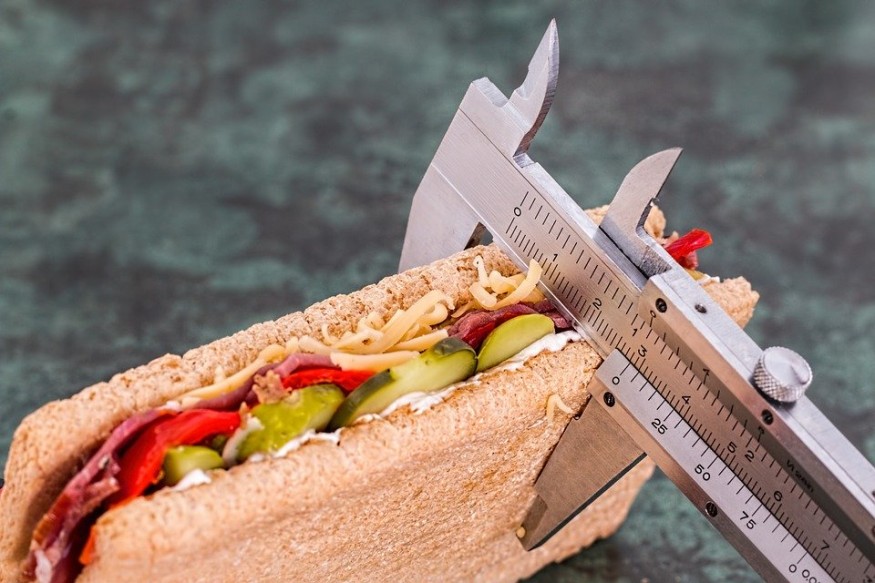
According to a new study, the pleasure center of the brain and the brain's biological clock are linked, and that high-calorie foods - which bring pleasure - disrupt normal feeding schedules, resulting in overconsumption.
It was examined by the researchers at the University of Virginia that junk food can lead to weight gain not just because they are high in calories but also because they interrupt with sleep patterns.
The team was led by Ali Güler, Professor of biology at the University of Virginia. Mice studies show that mice fed a diet comparable to a wild diet in calories and fats maintained normal eating and exercise schedules and proper weight. The study appears online in the journal Current Biology.
The all-day availability of a high-fat diet was mimicked to show that anytime snacking will eventually result in obesity and related health problem.
According to Güler, "The widespread availability of energy-dense, rewarding foods is correlated with the increased incidence of obesity across the globe. Overeating during mealtimes and unscheduled snacking disrupt timed metabolic processes, which further contribute to weight gain."
The team demonstrated that dopaminergic signaling within the suprachiasmatic nucleus (SCN), the central circadian pacemaker, disrupt the timing of feeding, resulting in overconsumption of food.
The mice fed high-calorie diets laden with fats and sugars began "snacking" at all hours and became obese, while so-called "knockout" mice that had their dopamine signaling disrupted - meaning they did not seek the rewarding pleasure of the high-fat diet - maintained a normal eating schedule and did not become obese.
Many foods in the US are high in sugars, carbohydrates, and calories, which makes for an unhealthy diet when consumed regularly over many years. It is easy to overconsume, and, over time, this takes a toll on our health. In the US, highly processed foods are readily and cheaply available at any time of the day or night.
Junk foods can lead to weight gain also because they interrupt people's sleeping patterns.
The study concluded that overeating during meal times and unscheduled snacking disrupts timed metabolic processes. The dopamine signaling in the brain governs circadian biology and leads to the consumption of energy-dense foods between meals and during odd hours.
Meanwhile, when mice are fed high-fat foods between meals or during what should be normal resting hours, the excess calories are stored as fat much more readily than the same amount of calories consumed only during normal feeding periods.
It is natural for our bodies as organisms to want to consume as much as possible and food is now abundant, and our next meal is as close as the kitchen, or in a fast-food chain, or right here on our desk.
Foods high in fats, sugars, and therefore calories taste good, so it is easy to overconsume.
Thus, the calories of a full meal may now be packed into a small volume, such as a brownie or a super-size soda.
RELATED ARTICLE: Addicted Brain: Dopamine and Substance Abuse
© 2026 NatureWorldNews.com All rights reserved. Do not reproduce without permission.





